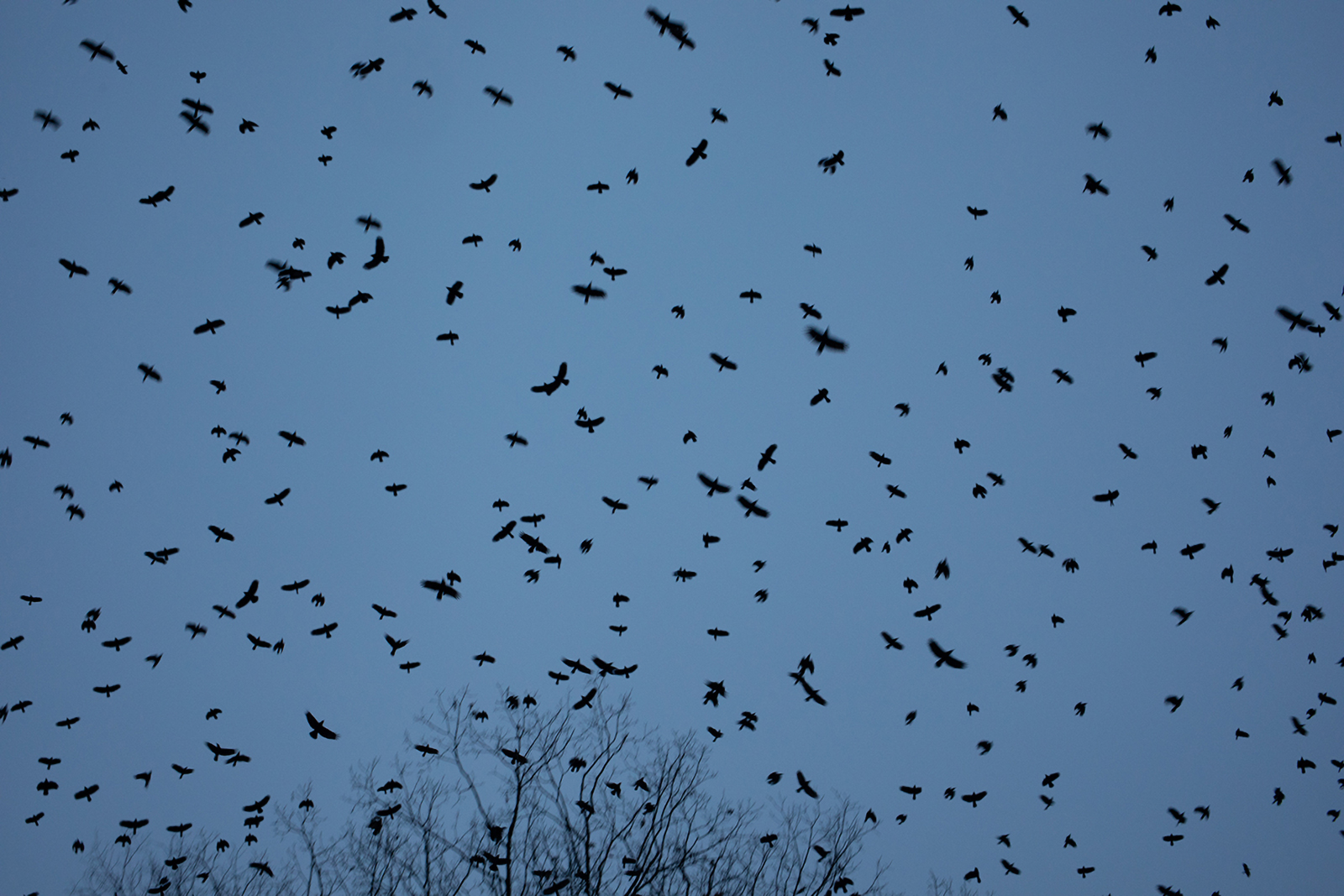
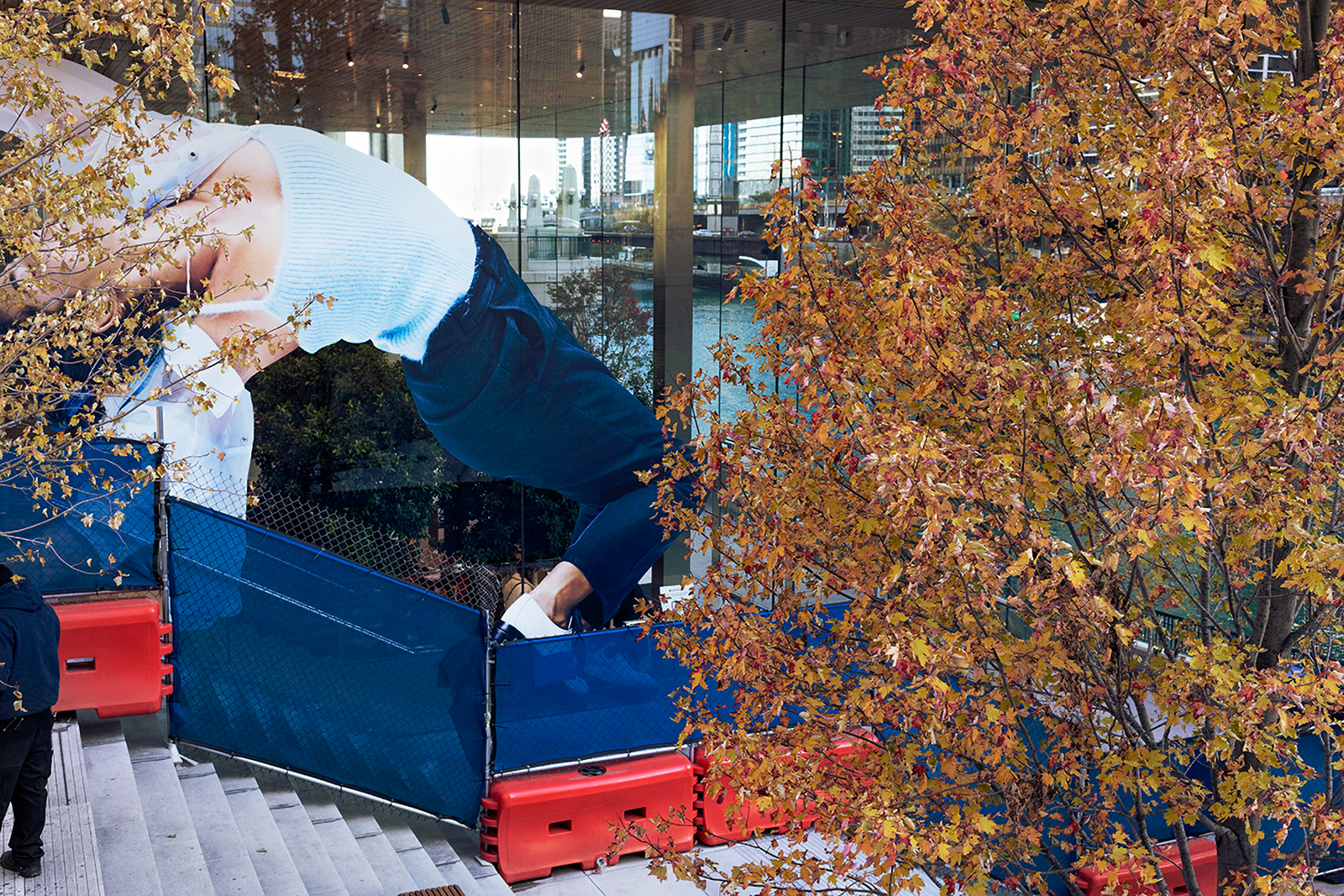
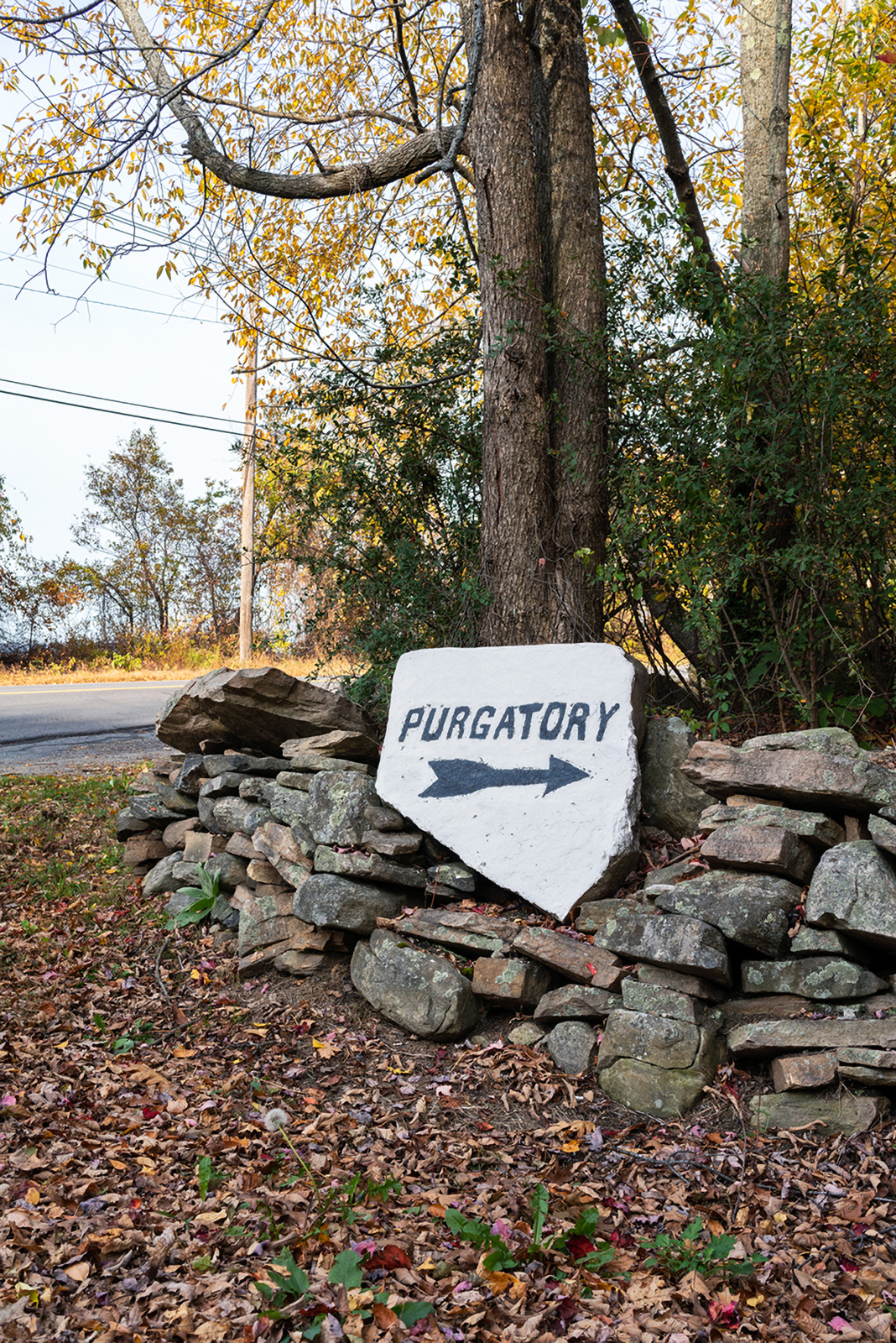
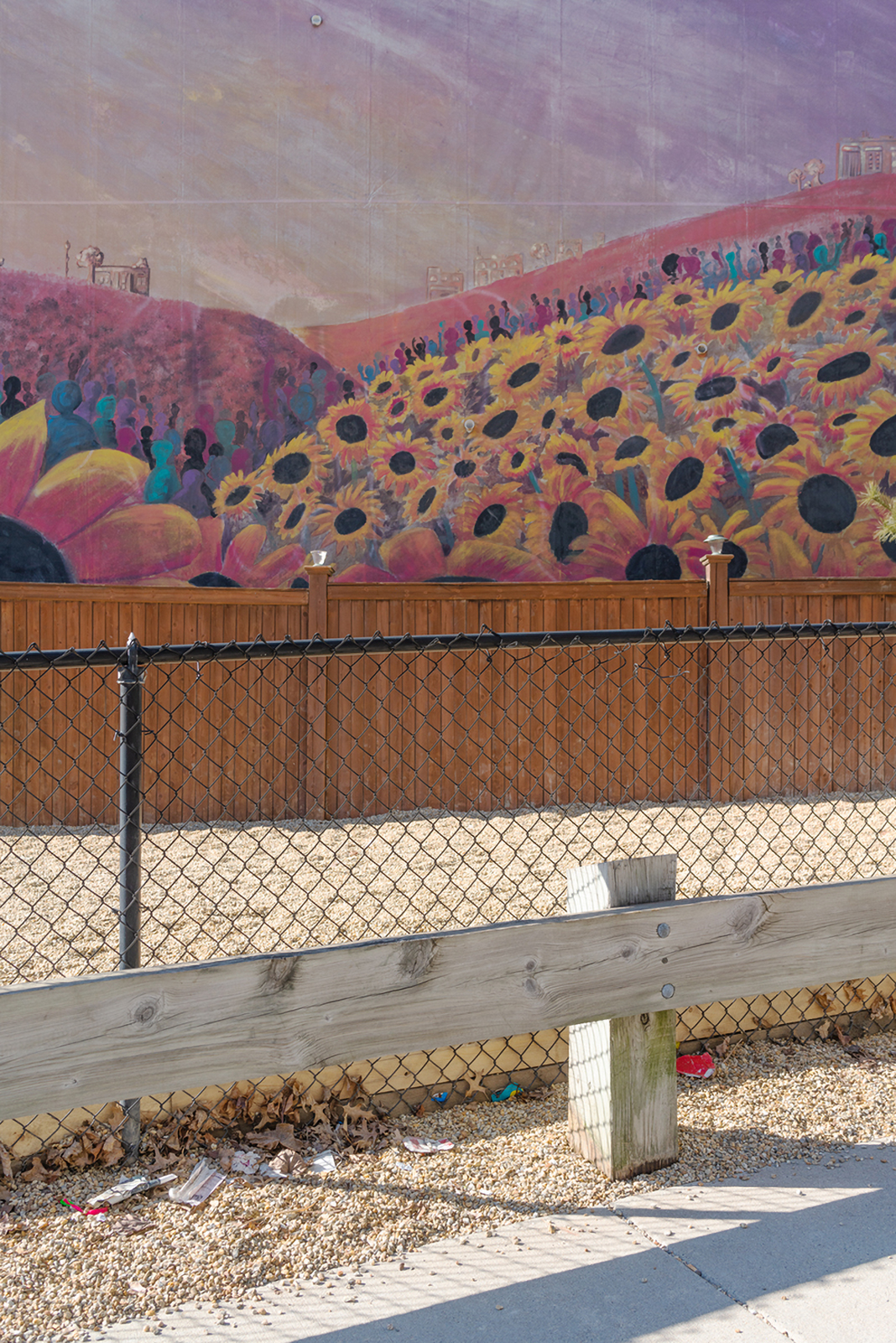
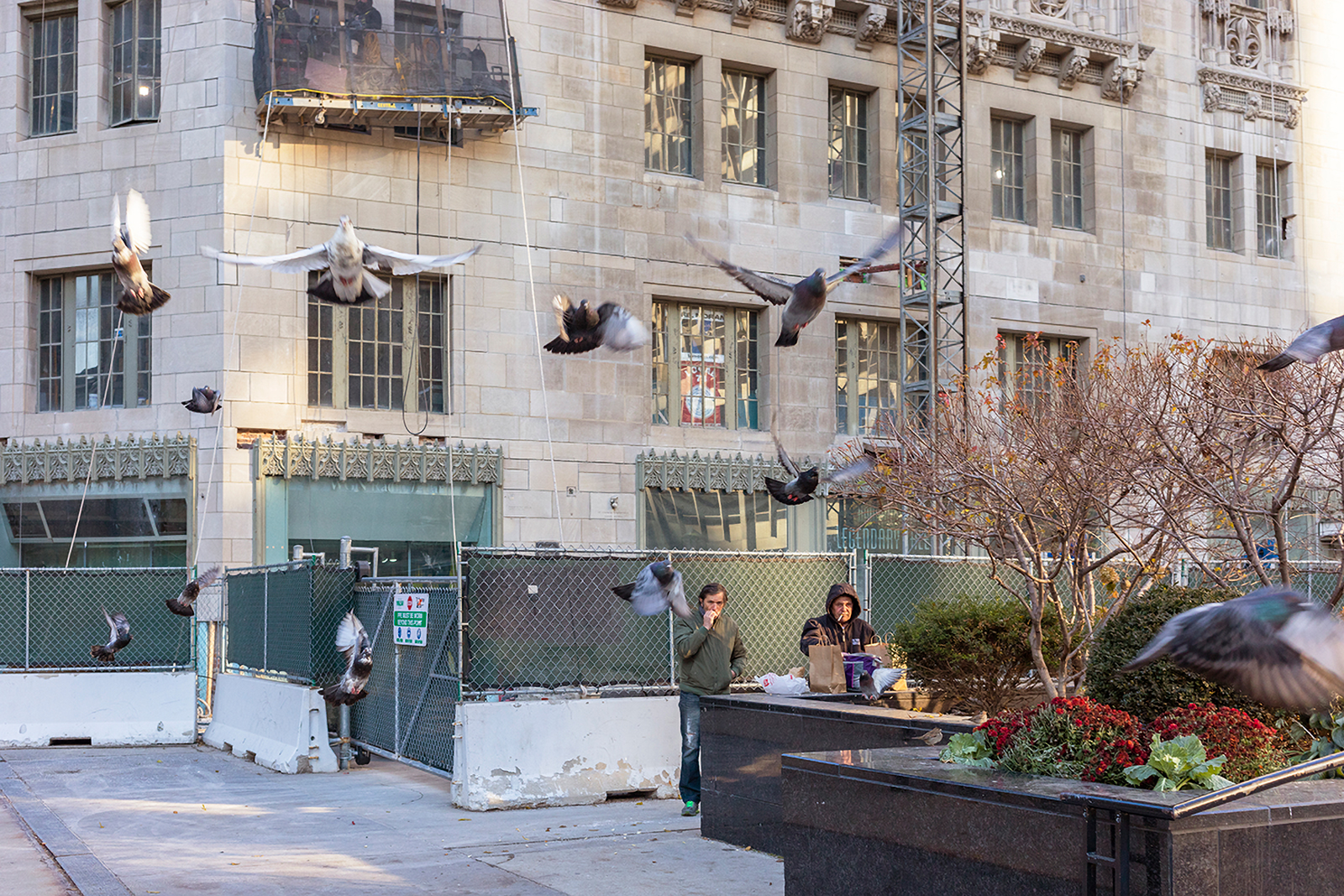
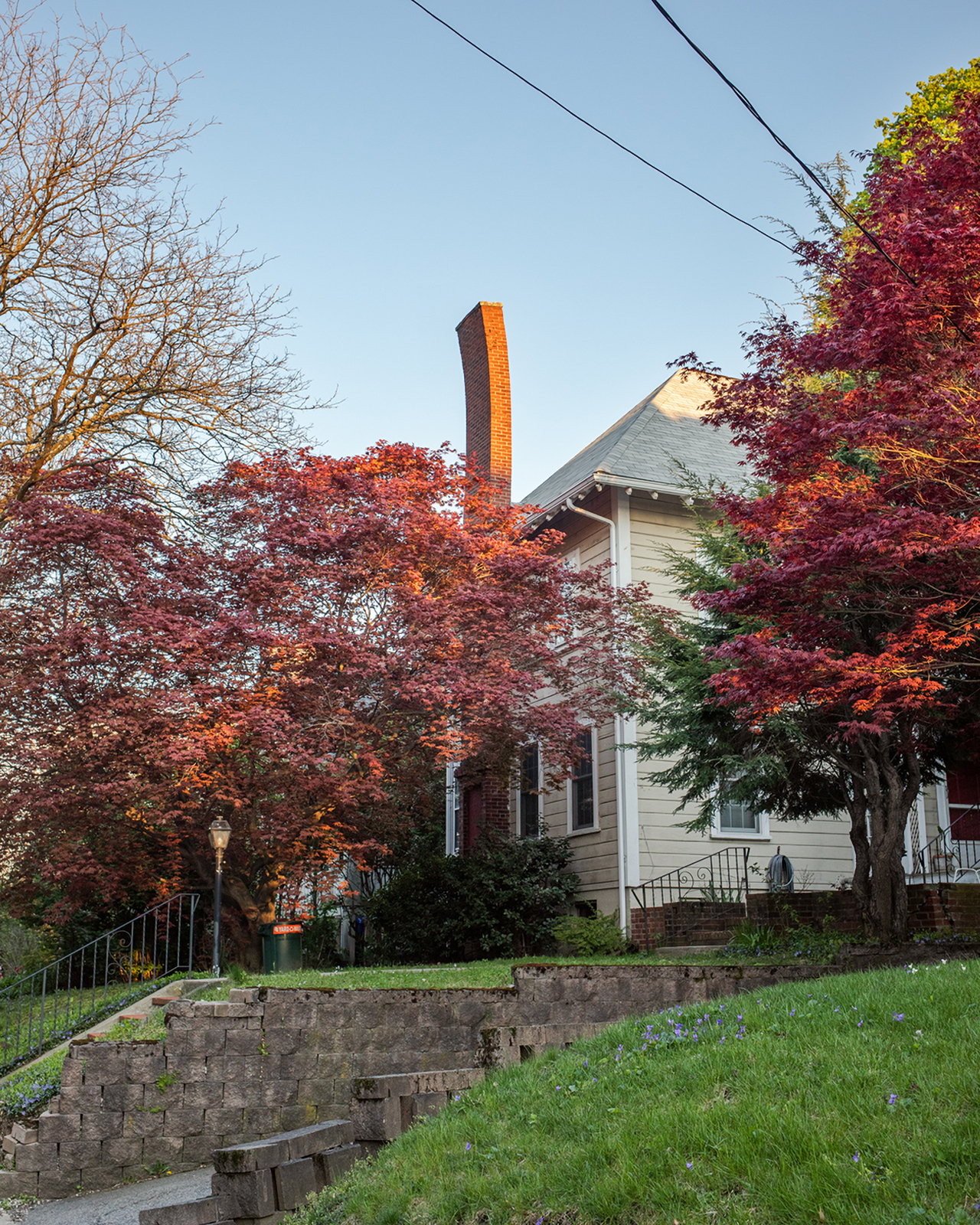
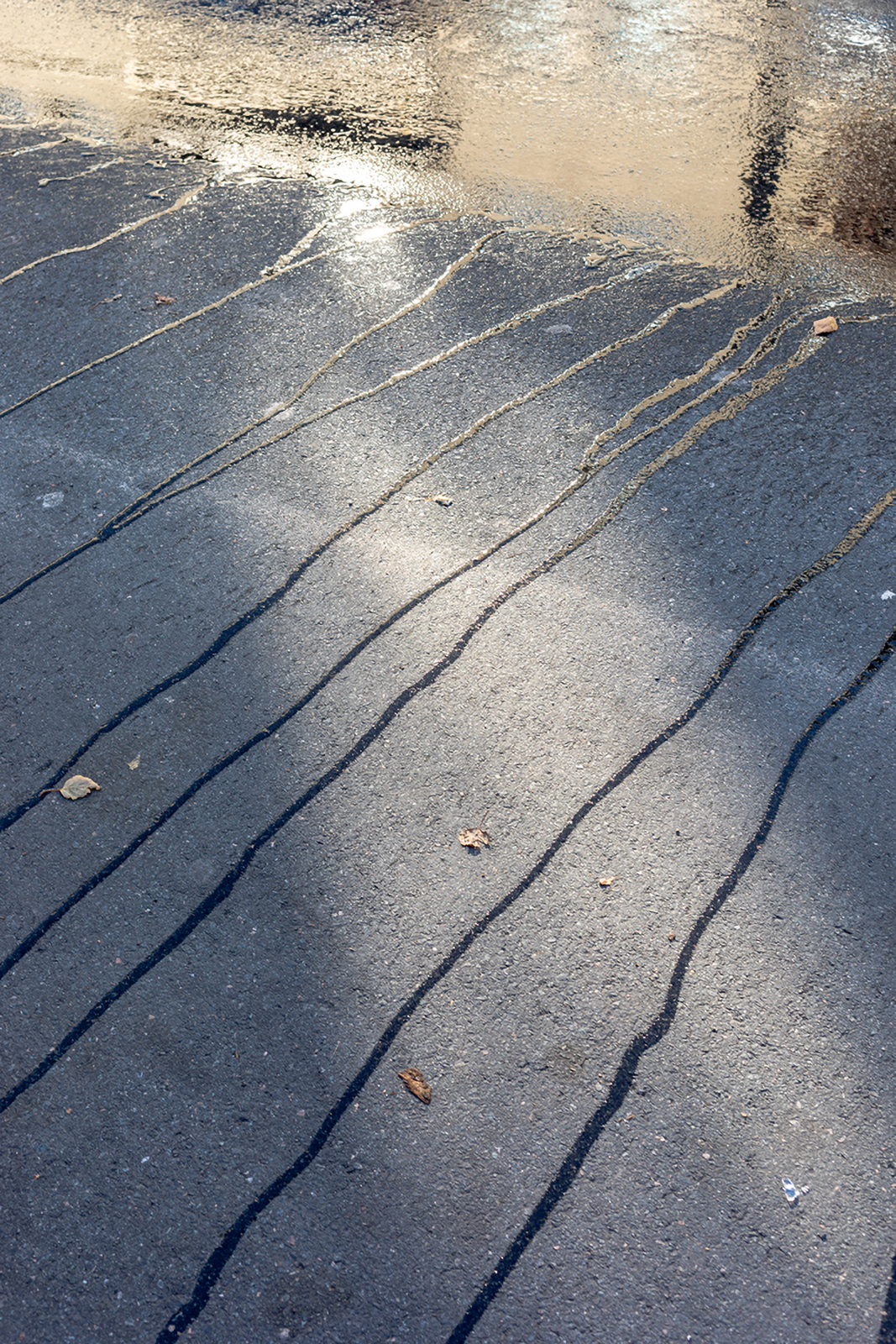
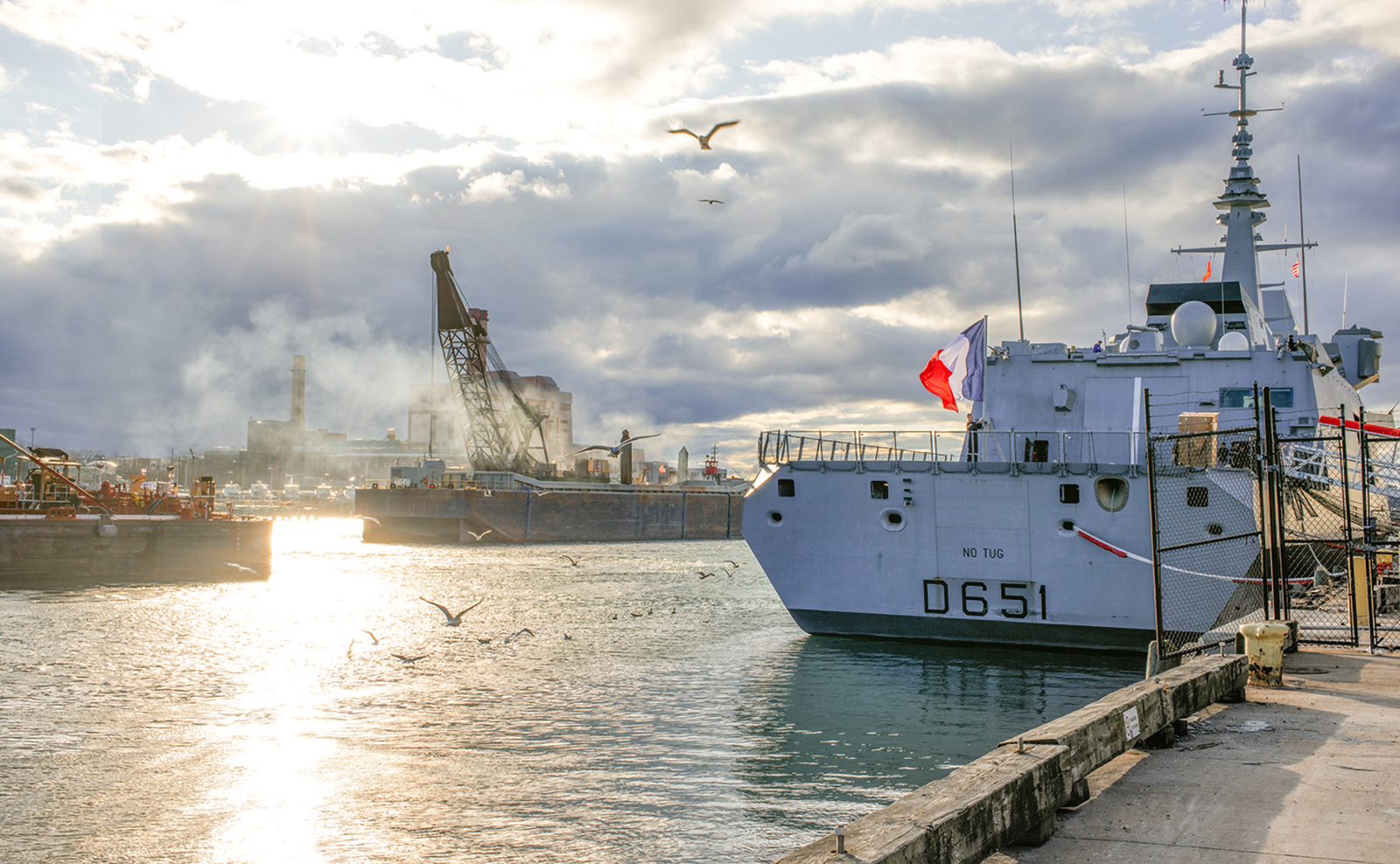
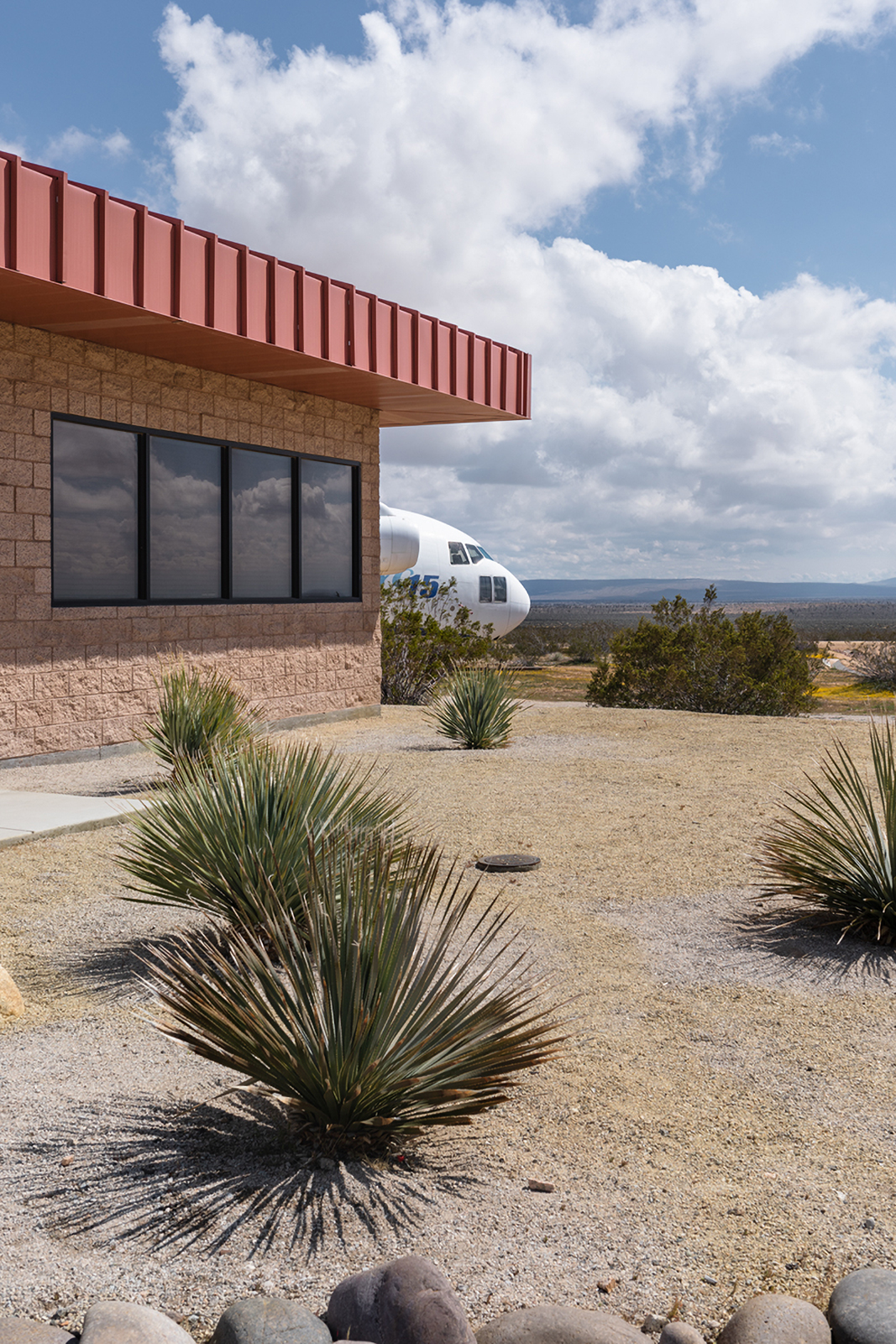
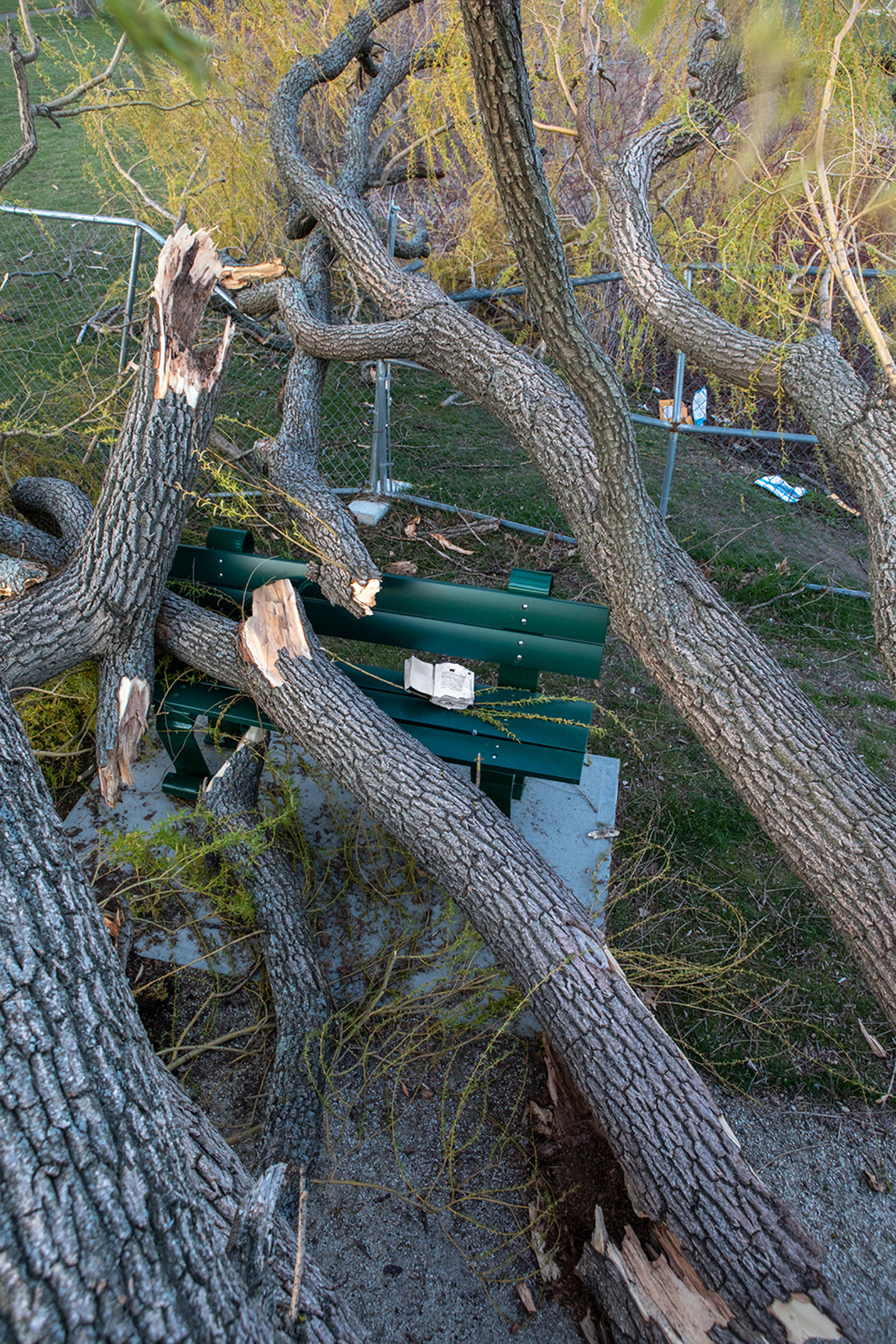
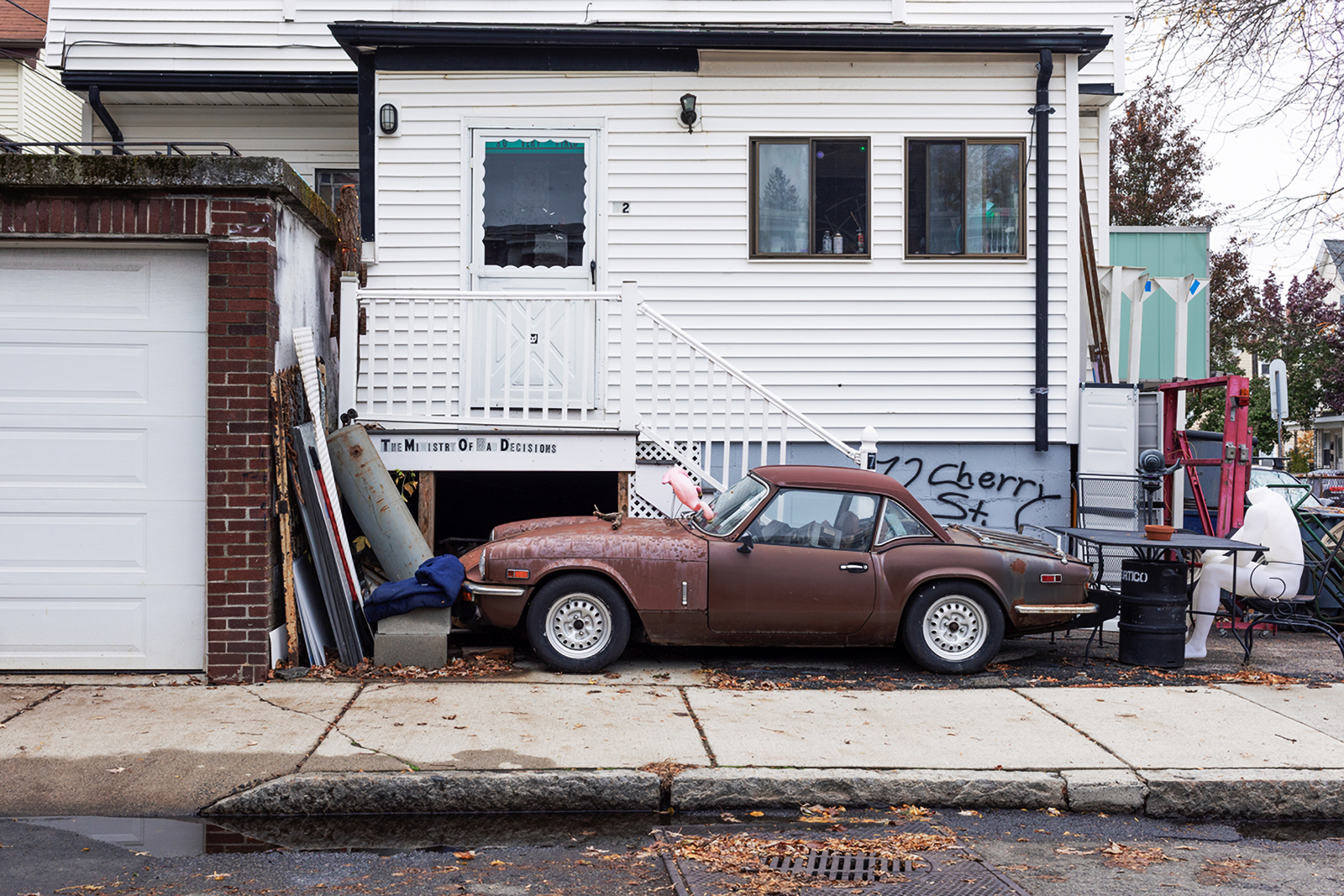
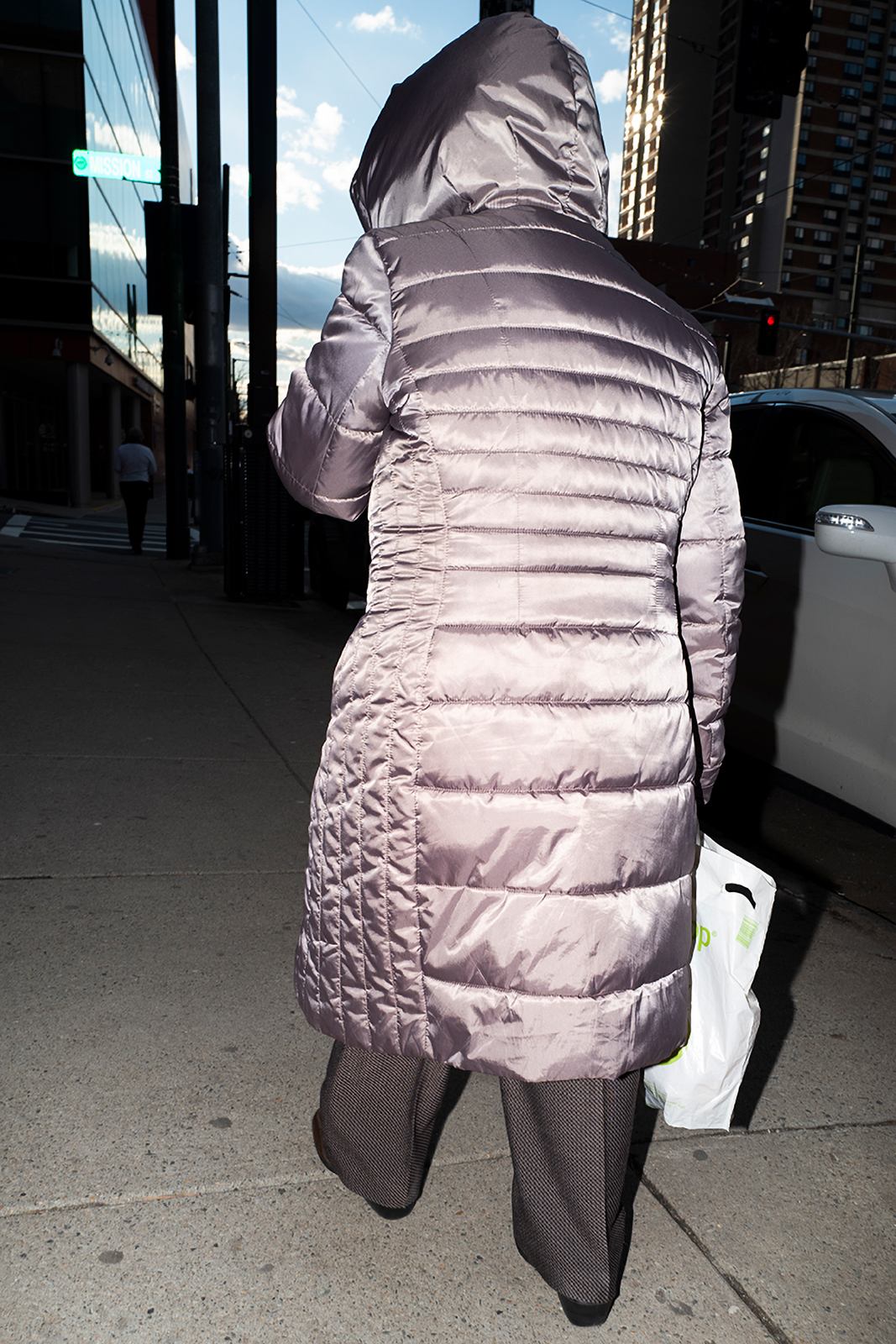
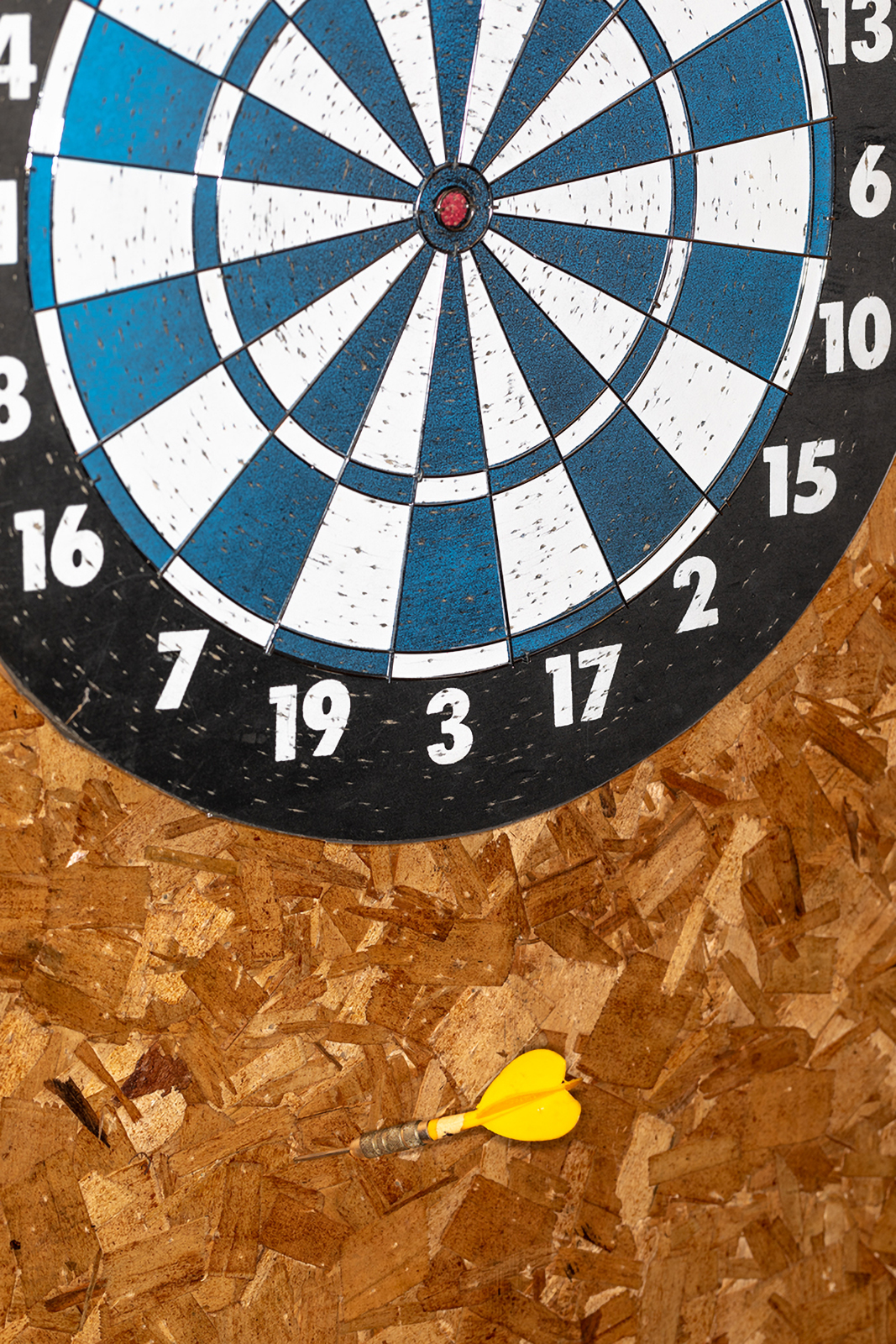
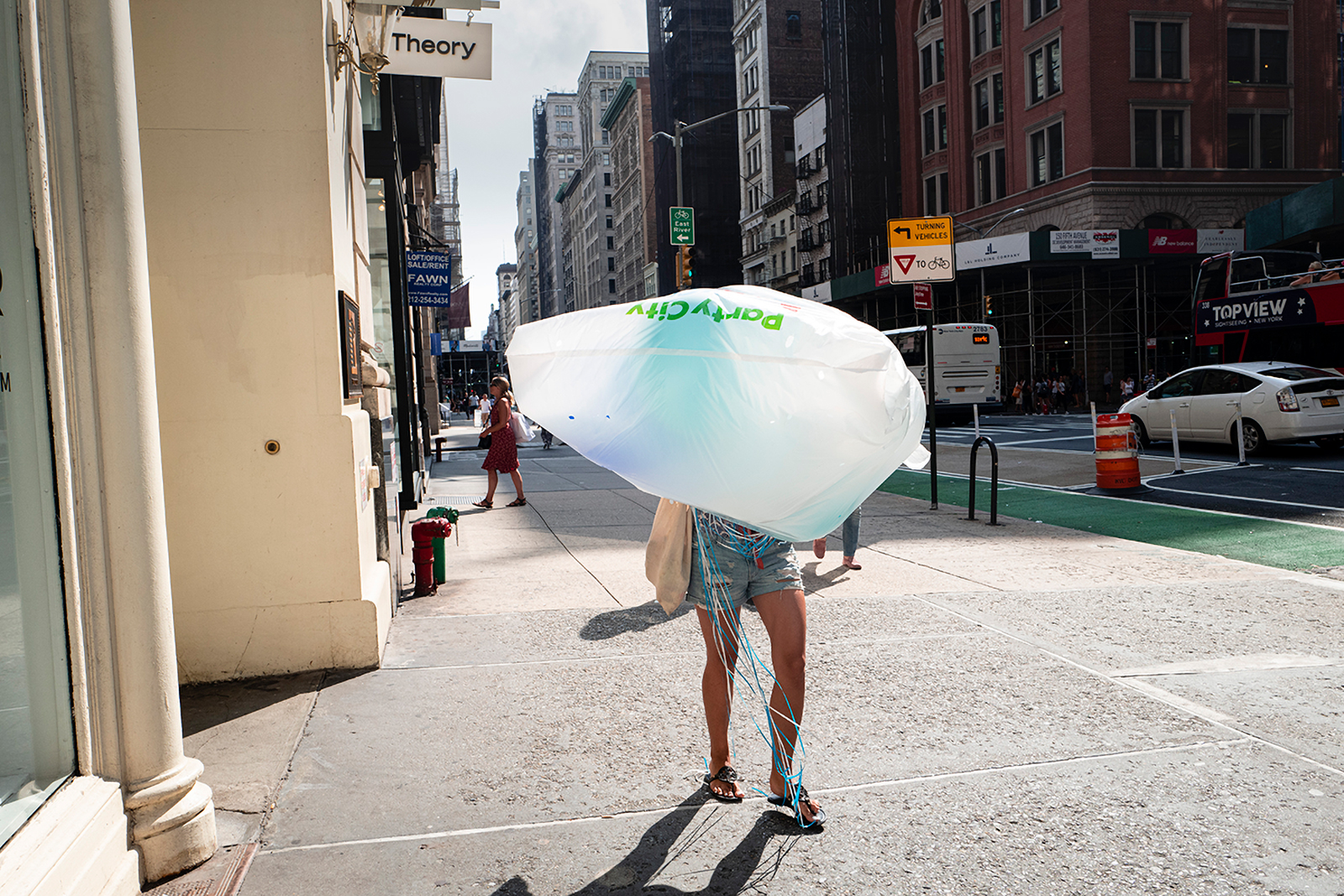
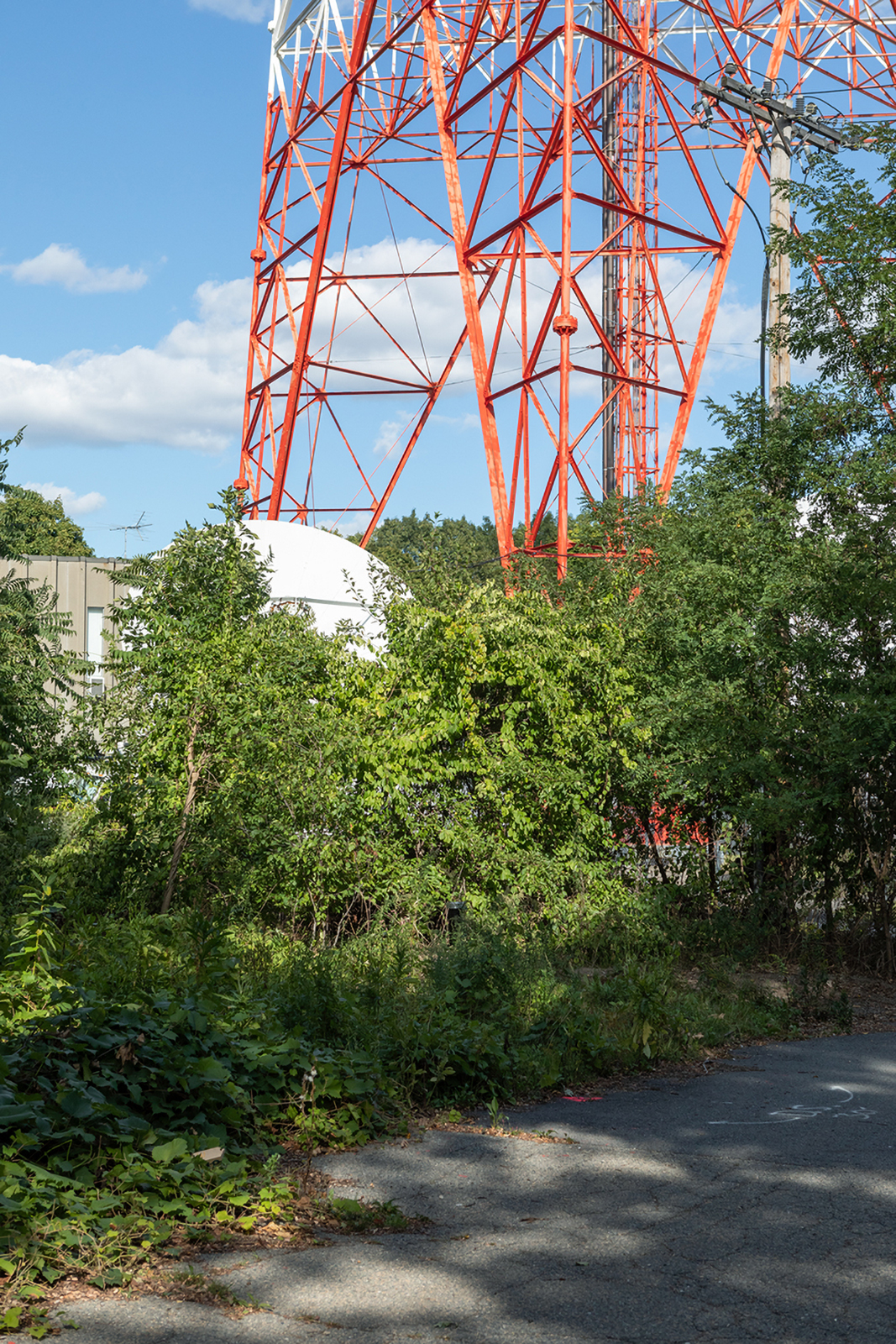
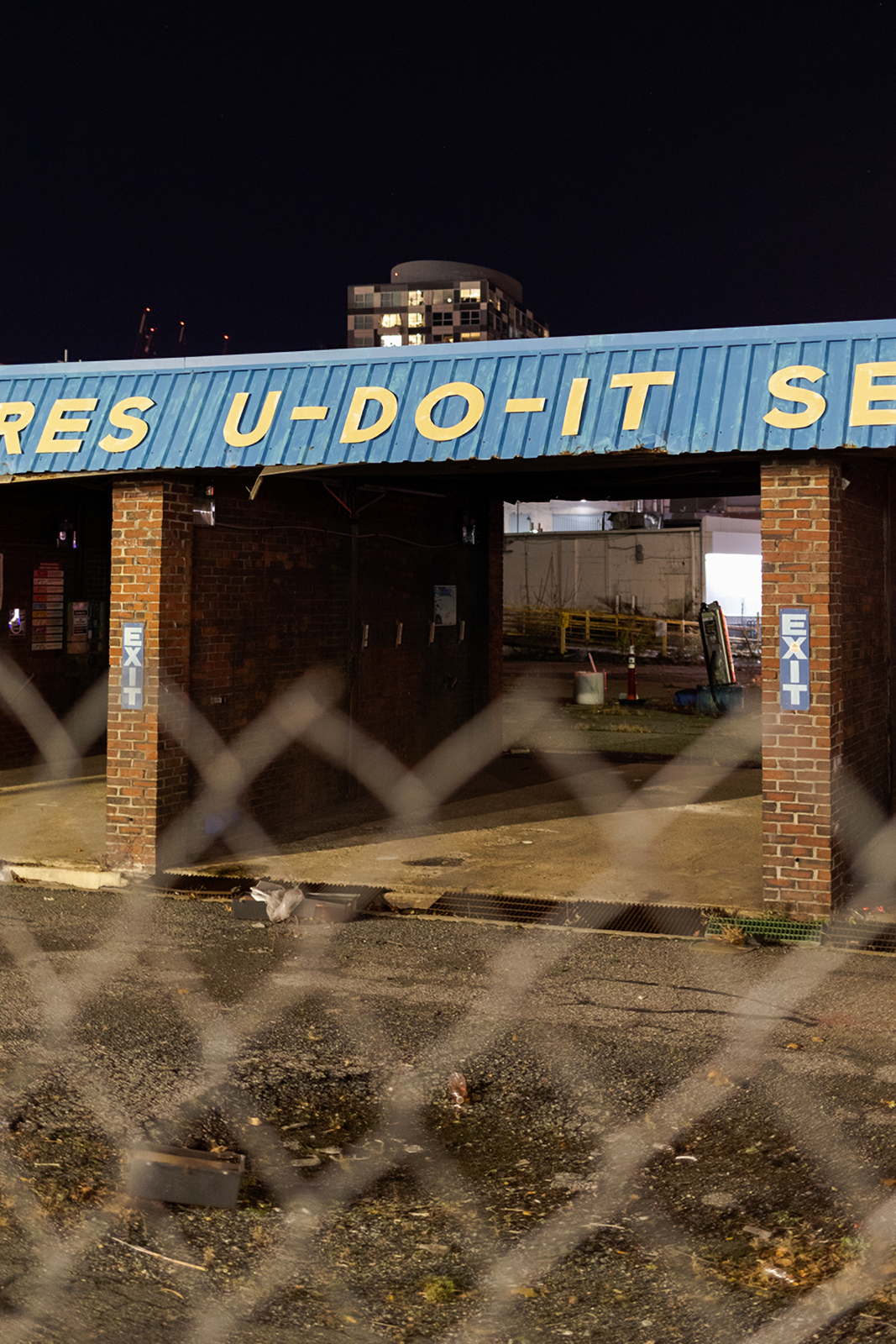
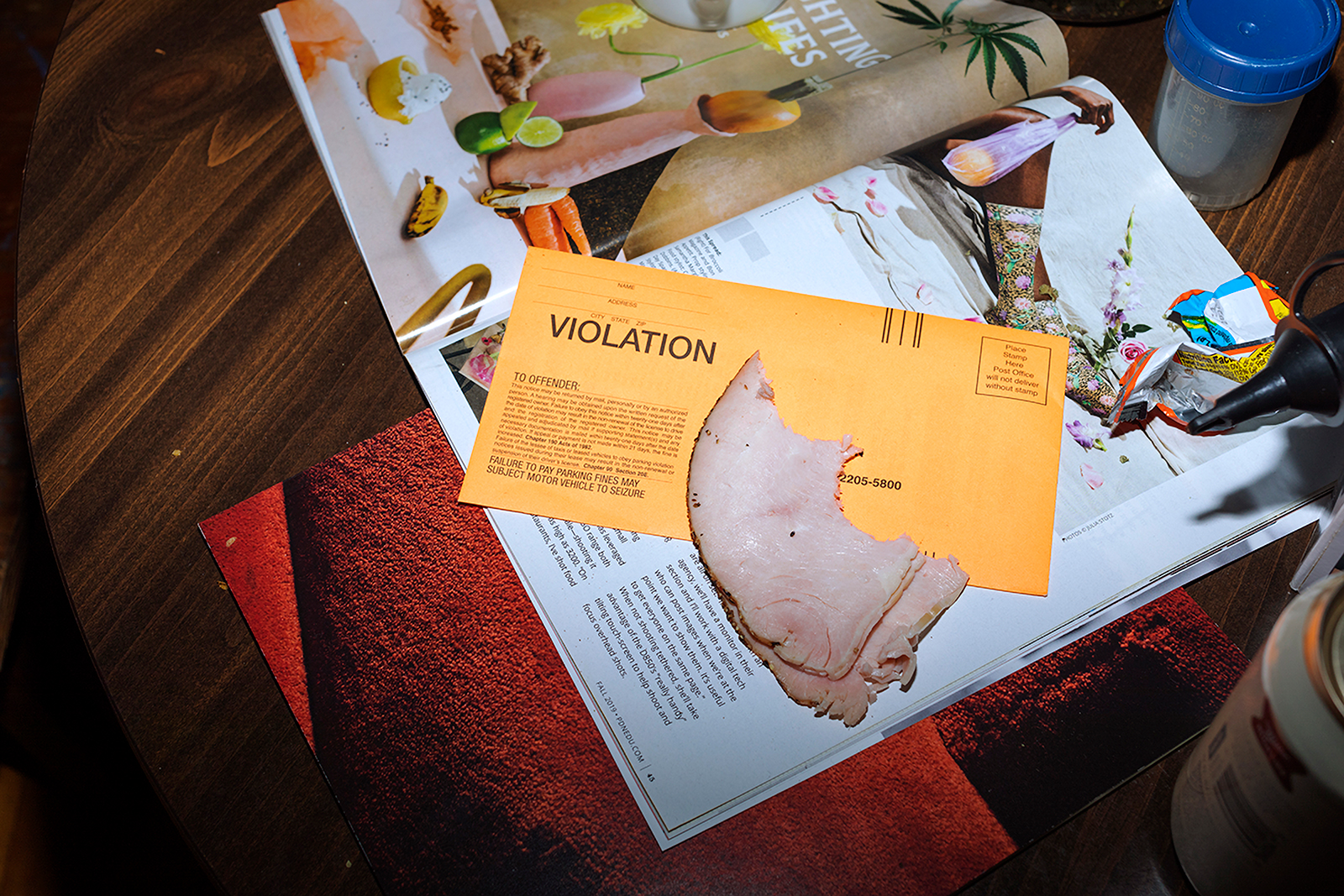

















biography
Toby Kessler (he/him/his, b. 1998) is a photographer and designer in Boston. Toby’s documentary inspired photographic works focus on the impermanence of the built environment and the relationship between grief and irony.
interview
Toby Kessler in conversation with Connor Noll
CN: Your interest in photography started at an early age. What was that age and how has your interest developed over that time?
TK: My grandpa is an avid photographer, and enthusiast of all things camera related. I can’t recall the exact age when he would have first handed me one his cameras at a family event to help him ‘cover it’, but I had to be younger than ten at the time. Since then my interest in the medium has fluctuated from journalism and documentary work, to fine art as I’ve progressed through the program here at MassArt. Going forward I see myself using my interest in photography to better understand our perceptions of the built environment and the people around me.
CN: Your passion for cars is what originally sparked your interest in photography and it has almost always remained a theme throughout your work. It seems like you bounce back and forth between wanting to make work including cars and actively avoiding making work including cars. Is there a specific reason that you go back and forth? Is the work involving cars the work you care most about? If so, why do you often avoid it? Is automobile photography something you could see yourself having a future in?
TK: I’m generally attracted to the automotive as a subject because of the rich history that touches upon so many other important topics in our culture, I see the car, no pun intended, as a vehicle for its surroundings. Through my photographic practice it’s helped me to unpack some of the ideas surrounding socioeconomics and consumerism that I enjoy exploring in my work. I would say I’ve tried to avoid it in the past, because I didn't want to just be “that” car guy, I wanted to be more of an art photographer focusing on larger (and in my head) more important topics. I’m at the point now, leaving this program, where I’ve accepted that they will be a main theme of my work because my passion runs so deep. I hope that maybe in the future I can use the way I see cars to pursue a career in the automotive industry in one form or another. I’m not sure where or what that will be yet.
I’m also interested in automotive journalism and cars as fine art investments and collectables.
CN: Ever since I’ve known you, you’ve consistently had your own sense of humor, I would describe it as “clever” overall. In the past, you’ve reacted to difficult situations, with humor. Since getting to art school, humor is one of the main themes of your work. How are you able to translate your sense of humor into your photographs? Does it come naturally? Does it require planning or do you just find your photographs?
TK: Everything is funny if you don’t take it too seriously. I just go out and look at the world and all its ironies. Sometimes I try to think about my individual photos as little stand up bits. A lot of them act individually, which is why I don’t really consider myself as a series photographer. Art school has been hard because of that. In a sense it’s funny I’ve spent four years trying to become one only to find out I don’t. But that’s how it goes, right?
CN: You have very advanced photoshop skills, how does that play a part in your work/how you think about your photography? How did you learn these skills/is it something you could see yourself doing as a career?
TK: I taught myself photoshop from a young age thanks in part again to my grandfather who used me to learn with. I was probably 7 or 8 when I started, so I’ve gotten pretty good in the last decade plus. I would definitely consider a career in retouching, especially because I have the skills.
CN: What are your plans and goals after graduation?
TK: Right now I’m working at a bike shop, so I’ll continue to do that for the rest of the summer and see where that takes me. I’m having a ton of fun with it right now because bikes are my other main hobby.
I think it would be cool to do marketing of some sort for one of the companies we work with if I can make the right jumps there and meet the right people. If not that, then I’ll point my nose in the art direction, maybe working for a gallery or a museum. I’d like to continue working with art and people who make it, but be on the other side of the glass.
CN: What’s one thing you would like to communicate about your current body of work that you feel can’t be overlooked? (i stole this one from you because it’s good)
TK: I appreciate the steal. Artists don’t create the meaning of their own work, so I want people to take it how they will and bring their own realities and perceptions upon my images. Just know that it should be fun. Otherwise, what’s the point?
CN: You were a very technical based photographer before art school. The MassArt Photo program is more conceptual based. How has your education changed the way you make photographs? Would you still consider yourself more technical or are you now a mix? Does it depend on what work you're making?
TK: Photography is inherently technical. If you can’t compose a photo, it’s bound to be a failure.
I am definitely more of a technical photographer in terms of compositions, but I actually prefer to shoot without complicated lighting setups and even tripods most of the time -- so in that regard I’ve definitely become more loose in how I shoot over the last few years.
CN: What advice would you give to your younger self who is just starting out in art photography?
TK: The only way to make good art is to just do it. Most people don’t have this capability.
CN: You’ve had a good amount of experience with jobs, internships, and working with magazines. What experiences have you enjoyed most/learned the most from? Have these experiences helped guide you to know what you want to do?
TK: I think it’s important to be well rounded. I’ve worked in a bunch of different environments and am proud of the work I put in in order for that to be true. I think there was something to learn from each of those experiences, some professional lessons and some personal. They haven’t taught me what I want to do, but I sure know what I don’t.
CN: Your instagram is very clever and humorous, how does social media influence your work? Do you consider your instagram a separate photographic practice?
TK: Absolutely. And thank you. The nature of social media and the cellphone camera changes the medium and the process completely. This is why I don’t post photos on instagram that were taken on my camera. I think instagram is a tool that the majority of photographers misuse, primarily because online, frankly, most people don’t give a crap. Or they give too much. Instagram and other online platforms are the most authentic version, for me at least, of how I use a camera. The iPhone is to me, what the 35mm was to all of the legends that came before us.
The web as we know is a deep dark hole, and a subject that I find fascinating on its influence on photography and how we interpret images.
CN: How do politics play a role in your work/thought process?
TK: We can’t escape politics. It’s there from start to end of the creative process. I’ve worked hard to implement it, rather than actively avoid it, like I had done with cars in the past.